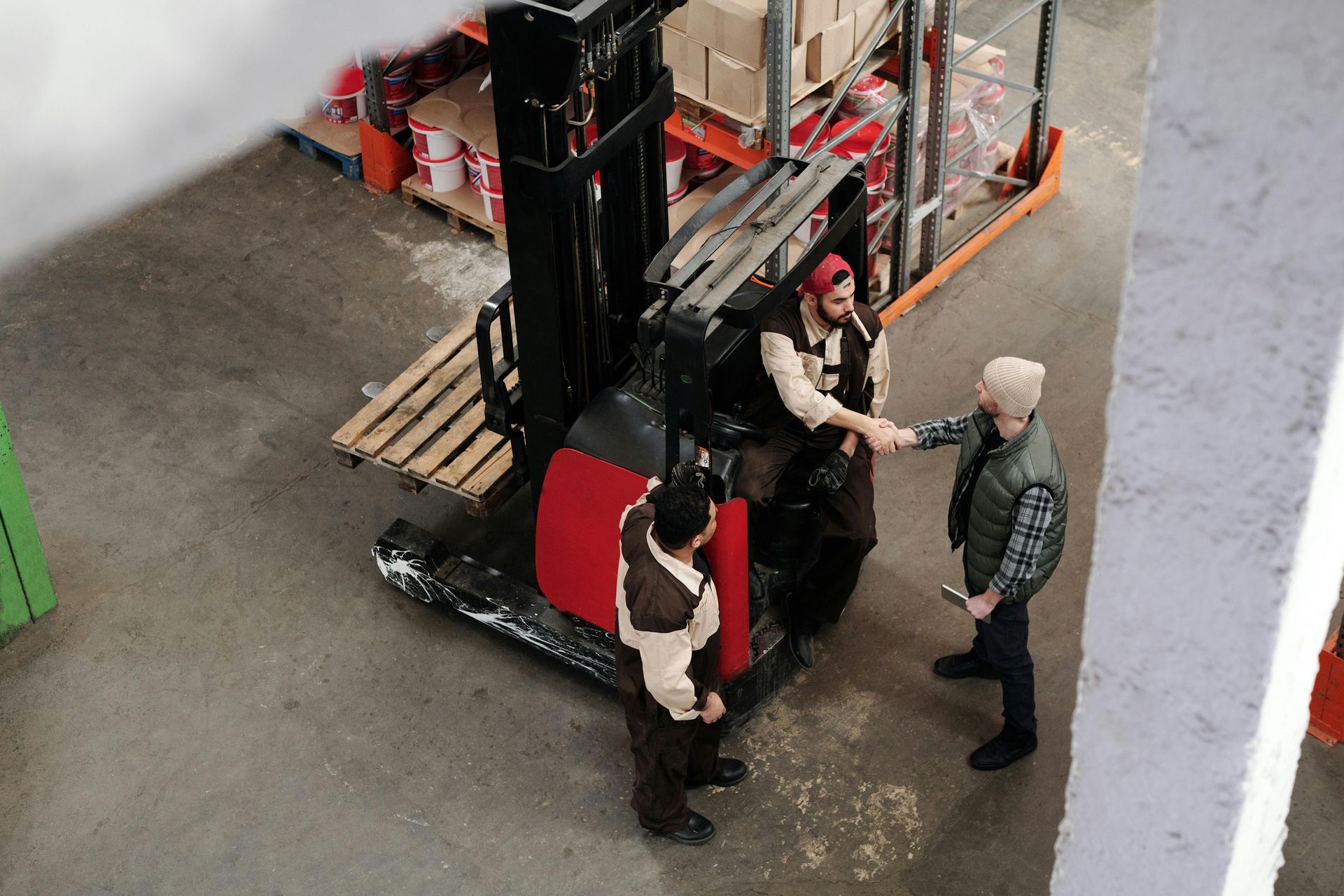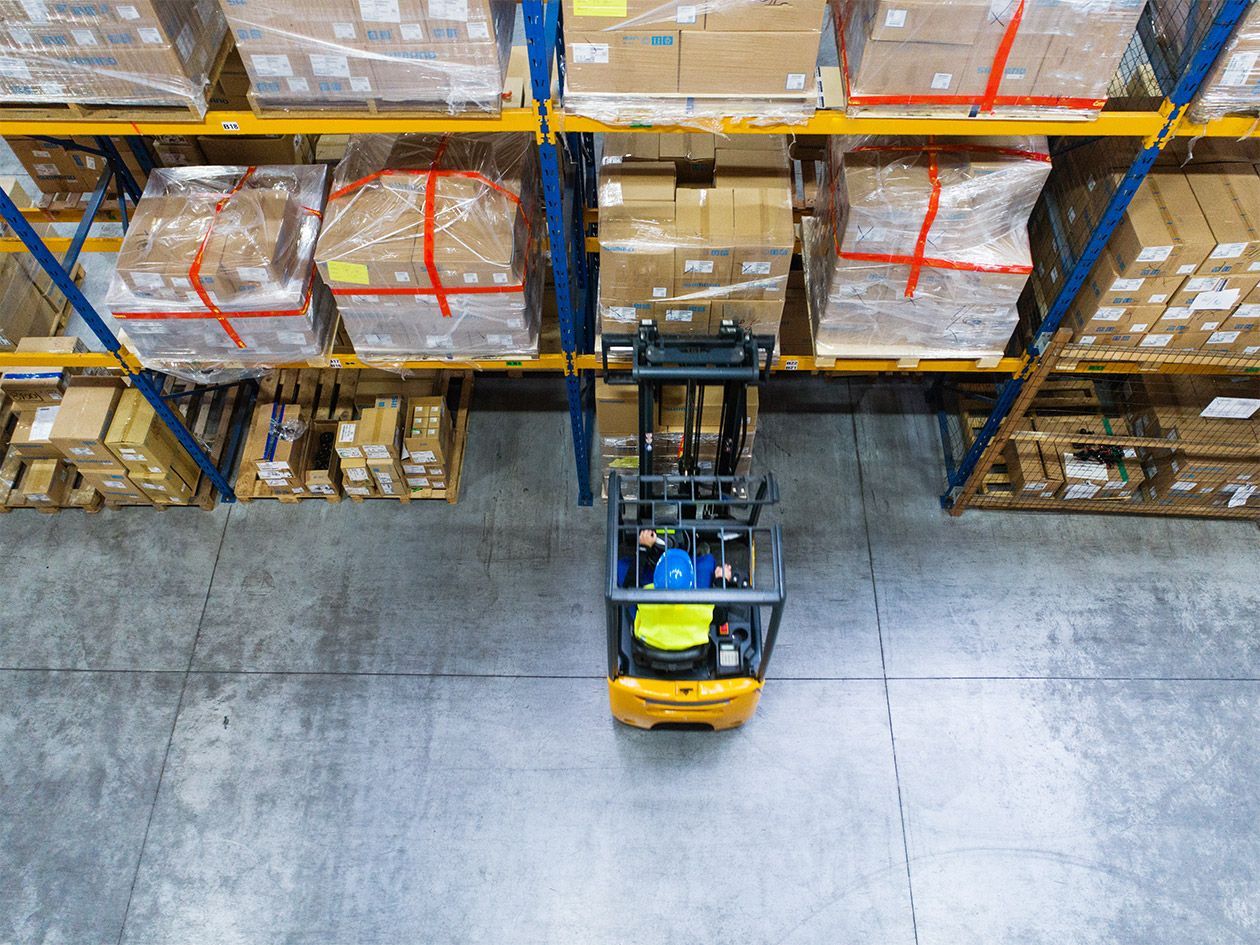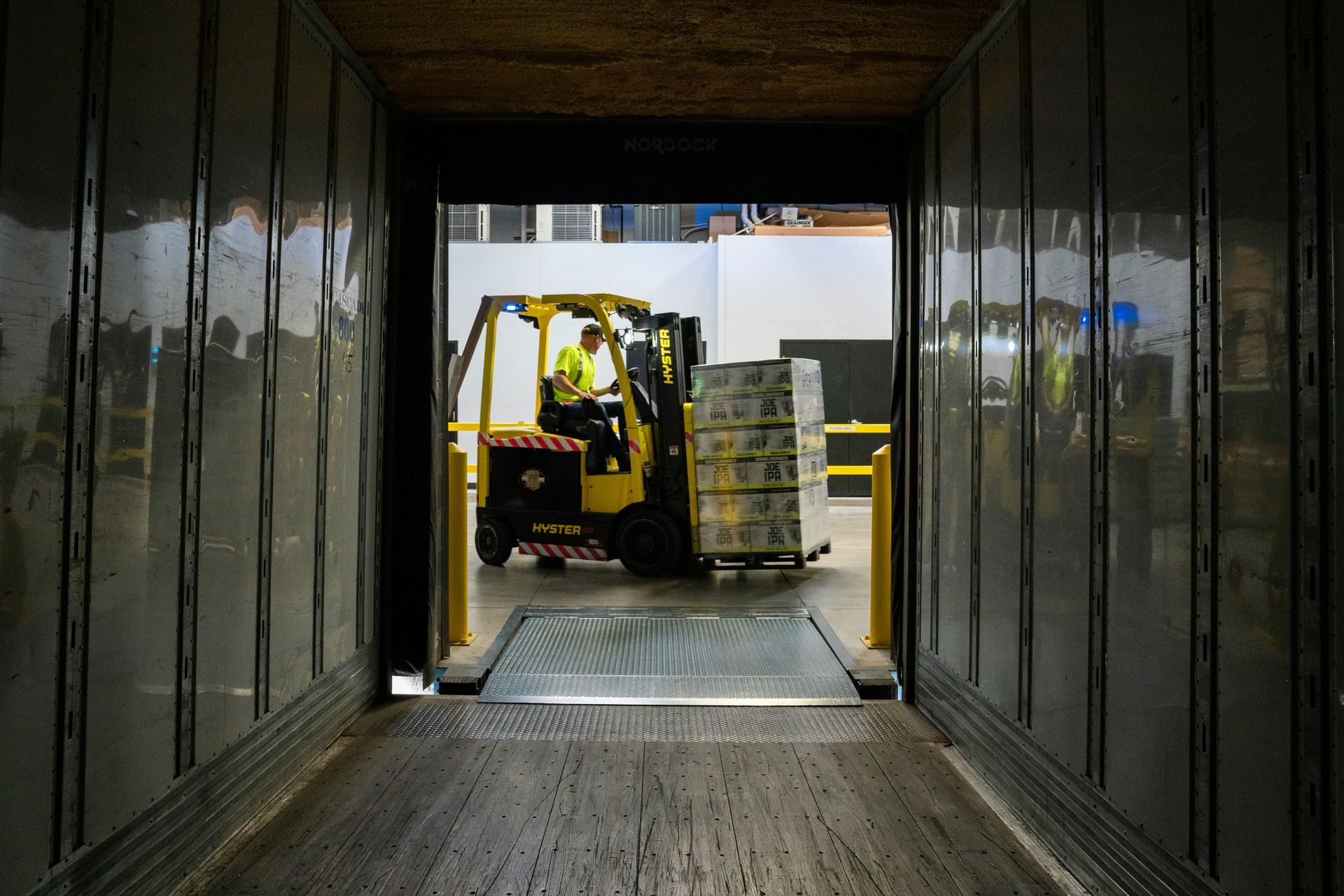Lithium-Ion Technology in the Warehouse
Technology in the Warehouse! Ever since we started selling Hangcha Forklift Trucks with Lithium-ion technology, we have been fascinated with the benefits. Innovative technology is being used in warehouses everywhere to increase efficiency and technology, and that’s especially true when it comes to battery tech. Although lead-acid batteries are still widely used, lithium-ion (Li-ion) batteries have burst onto the scene lately with plenty of benefits for warehouse applications.
What is lithium-ion technology?
Simply put, Li-ion batteries are a rechargeable source of power. “In the batteries, lithium ions move from the negative electrode through an electrolyte to the positive electrode during discharge, and back when charging. Li-ion batteries use an intercalated lithium compound as the material at the positive electrode and typically graphite at the negative electrode.” While Li-ion batteries have long been used in consumer electronics like laptop computers, cell phones, and over devices, they’ve just recently been introduced to the materials handling and warehousing world.
The first lift truck powered by a Li-ion battery was used in 2009 in Japan and while they’re widely used in distribution centers in Europe, they’re not as common in North American facilities. They offer a long list of advantages over traditional lead-acid batteries that have long powered warehouse equipment, and the industry is quickly catching on.
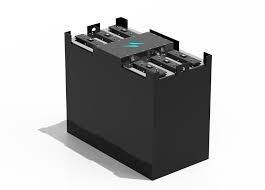
What are the benefits of using Li-ion batteries in forklift?
There are a few major advantages of using Li-ion batteries in forklift fleets. They offer high-density energy for longer working times and higher availability. Li-ion batteries get a full charge in about 2 hours. Unlike lead-acid batteries, they perform well in low-temperature settings (like food processing plants) and they don’t emit harmful emissions of battery gasses.
Here are some other benefits to consider.
Cost savings : Li-ion batteries last much longer than their lead-acid counterparts, which offers a serious return on investment. They also save facilities money and energy with fewer charging sessions, less time spent swapping out dead batteries, less maintenance, and less energy use.
Worker safety : There are inherent risks for employees who regularly maintain forklifts, but that risk increases with a lead battery — both acid splash and hydrogen fumes can be a source of potential injury. Li-ion batteries eliminate these safety risks.
Space savings : Traditional lead-acid batteries require a well-ventilated area in warehouse facilities dedicated to charging. This can eat up valuable square footage in a building that looks to optimize its footprint. With Li-ion batteries, you can use that space for inventory instead.
Opportunity charging : With Li-ion batteries, forklift operators can charge during breaks or periods of downtime. There’s no traveling back and forth to the charging room to swap out batteries; this helps streamline your employees’ workflow and supports increased productivity.
Longer warranties : For lead-acid battery warranties to be upheld, skilled crews must spend a vast amount of time maintaining them. Generally speaking, Li-ion batteries have longer warranties and require virtually no maintenance.
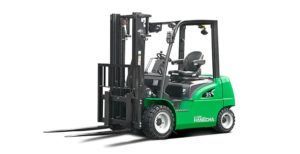
Is it worth it to upgrade to Li-ion powered forklifts?
There are a handful of factors that will help determine the value of using Li-ion powered forklifts. While it’s usually true that equipment upgrades require an upfront cost, it’s important to remember the different ways that Li-ion batteries can help save money and energy. Ask (and answer) these questions:
- Are employees spending an inordinate amount of time charging and maintaining traditional lead-acid battery-powered forklifts?
- Is your forklift fleet ready for an upgrade?
- Are energy costs for your facility starting to climb?
- Has your facility made it a goal to improve overall operations?
- Are you facing a labor shortage and looking to streamline operations using the workforce you already have in place?
- Do you need your warehouse to reflect your organization’s overall goals of creating safer, more sustainable working environments?
If you answered “yes” to any of these, it’s time to consider looking into Li-ion battery-powered forklifts to replace your existing fleet. The long-term cost savings mean that you may find your investment pays for itself after the first year of use.
Ready to find out how Li-ion powered forklifts can transform your facility? We recently started offering Hangcha forklifts with Li-ion batteries that outperform your current lead-acid battery-powered fleet. We have proudly served the material handling needs of customers in the St. Louis Metro Area and throughout the Midwest for over 10 years, and all of our technicians are OSHA certified. Get in touch today!
The post Lithium-Ion Technology in the Warehouse appeared first on Benco Industrial Equipment.


